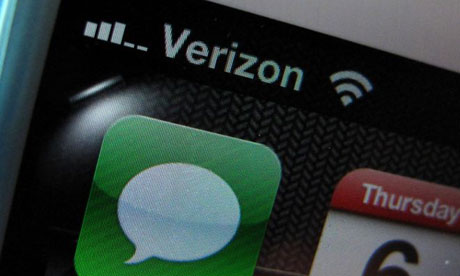
The MPAA said that almost 60% of the search queries users enter before accessing infringing material contained generic of title-specific keywords only. In other words, users weren’t necessarily seeking to find pirated content when they began a search – instead of searching for a phrase which would imply a search for illegal content, like “torrent” or “free download”, users only entered the name of the movie and were served up links to illicit material.
The industry insists that search engines remain the most popular way users access illegal content: 3/4 of the respondents admitted to using a search engine to discover pirated content or navigate around domains with infringing material. At the same time, the report shows that only 20% of users access pirated content via search engines, while 35% come from linking services. The rest come from the “other” sources.
In response, Google repeats that it can’t be held liable for people’s decisions to access illegal content like movies and TV shows. But the MPAA still charges the anti-piracy methods of the search giant with being ineffective. The industry claimed that Google’s plan to “demote” the search ranking of websites supporting piracy, enacted a year ago, actually left referrals to those websites flat. However, the Internet Association argues that the industry was blaming the Internet and technology for its problems, because in reality, the worldwide web is empowering content creators and consumers to access more legitimate material than ever before.
The search giants declined to comment at first, but the recent anti-piracy report revealed that Google laid out exactly how it decides to demote and remove infringing websites. The company used the number of valid copyright removal notices as a signal for ranking purposes, but never removed pages from results until receiving a specific removal request. Google explained that even for the sites with the highest numbers of notices, the number of noticed pages was just a tiny fraction of the total number of pages on the website. This is why it would have been inappropriate to take down entire sites.





















